Beetles- a beneficial insect in alternative farming
Beetles, small creatures of various colors are often thought to harm us. We jump off from them with a fright. But in nature, some these bugs are not only the colored beauties but are an extremely beneficial insect to the environment. Not only is that the ‘ladybug’ beetles are known to bring good luck. The ‘fireflies’ or ‘lightening’ flies that we know of are beetles that show their path of movement. Have we ever thought what beetles can do to nature? Naturalists and experts who find gifts from nature know what creatures are valuable and beetles are one of that beneficial insect.
Who are they?
Beetles have been habituating the earth for over 200 million years. There are 350, 000 species adjusted to all kinds of environment. The sizes of these tiny creatures range from 1-2.5cm (0.04-5in). Beetles are omnivorous with an average lifespan of 2-3 years. Beetles belong to the order Coleoptera of the Insecta class. Coleoptera is a combination of two words in Greek word that means “sheathed wing “ having two pairs of wings. The front pair called ‘elytra’ is hardened to protect the rear part of the beetles’ abdomen. The red, black, yellow, green, brown, and blue colors of beetles with shiny shelled wings glistens the environment.
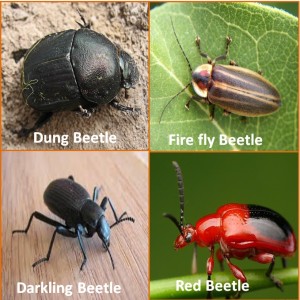
Beetles– the beneficial insects come in different colors and shapes
Why do we need to know about beetles?
Although some beetles ruin stored food products the beneficial role beetles play in amending and maintaining the environment are over- whelming. Because beetles live on every kind of ecosystem, it consumes snails, caterpillars and plant sucking bugs that would otherwise destroy the crops. It lives on decomposing animal or plant consuming. The larvae and adult ladybird feed mostly on aphids, mildew or harmful insects, organic vegan growers consider beetles as beneficial insects. The exploitation of beneficial insects like the beetles is receiving a great attention in organic and alternative farming. Therefore, for organic agriculture to grow and flourish, the wealth of benefits that beetles can add to crop production and food security are knowledge worth culturing in our small domains. Beetles are healthy environment builders and scavengers from harmful insects and pests. It offers an alternative way of managing insects that offsets crop producers from using chemicals. Scientist and environmentalist in looking deeply into the facts of beetles found the benefits outweigh the detriments.
Detriments of beetles
Some beetles are harmful to humans. They sting and bite. Some beetles attack stored flour, cereals, nuts, fruits, dairy products meat and dairy products. A few also outbreak on vegetation and forest bark.
Highlights of the beneficial insect— beetle
- Beetles are decomposers. The ground beetles’ diet is garbage and slugs, rotten plants and animals which they convert them into inorganic nutrients.
- Beetles are predators of snails, caterpillars, aphids vine worms, corn earworms and thus, reduce their population
- Beetles are thus important predators, helping to control many garden competitors such as slugs, snails, caterpillars, and aphids.
- The beetles and their larvae are the food of birds and other mammals.
- Beetles are also useful because they help to break down larger organic matter in inorganic forms that are available to plants.
- Beetles reduce contamination of water and explosion of algae in water bodies. It adds to filtration of water.
- This beneficial insect in breaking the bigger particles aerates the soil and allows a healthy environment for microorganisms.
- Beetles, therefore, is closely associated in increasing the fertility of the soil as it removes slugs, converts decomposing materials into forms that are good or forest and crop production.
- It is a component of organic farming.
- Beetle is a wonderful beneficial insect as it also acts as a pollinator when it goes from plant to plants to find predators. However, beetles do not produce honey.
Beetles are cherished and cared for by organic gardeners as they are replacing the chemical spray or pesticide for control of insect pests. Organic growers—have happy tie with beetles!!!
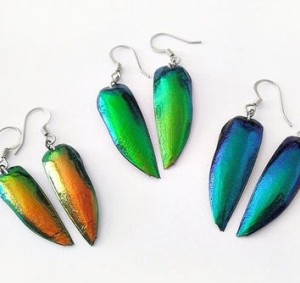
Lovely earrings made from beetles’ shelled wings

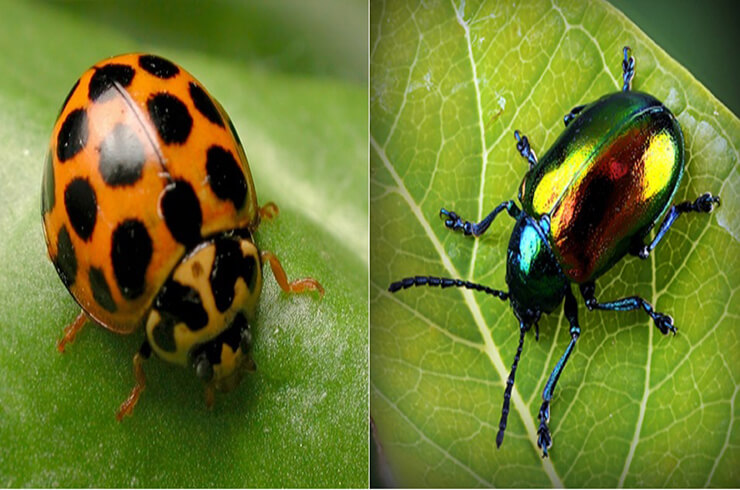
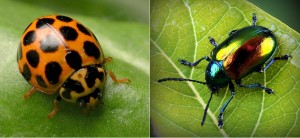
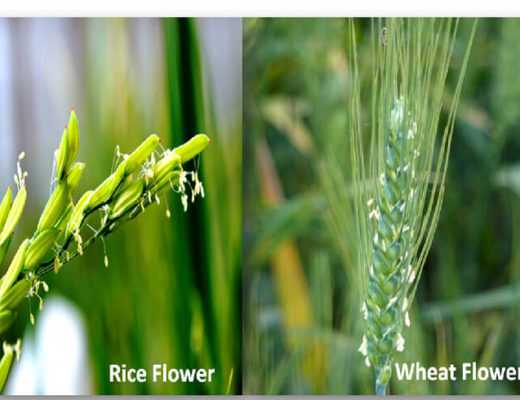
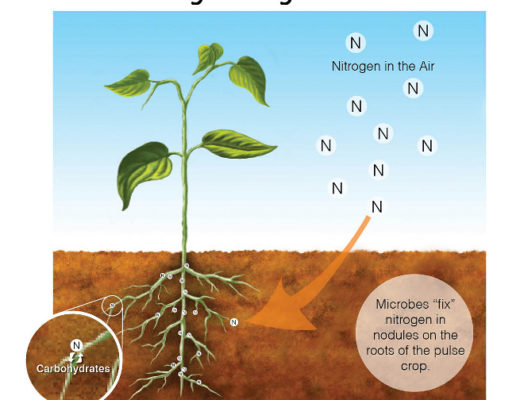
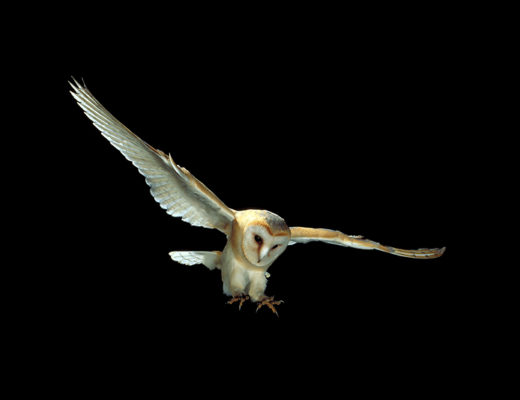
No Comments